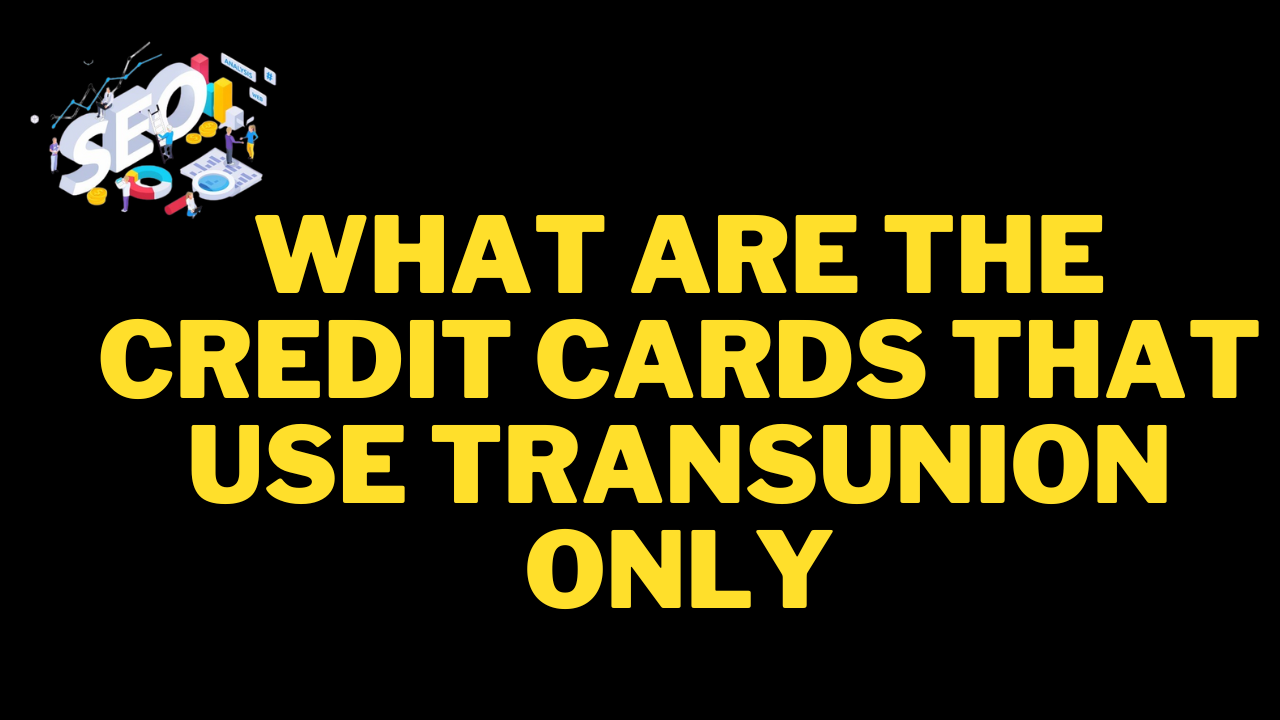Introduction:
Credit cards have become an integral part of modern-day financial transactions. Whether purchasing goods online, booking travel tickets, or paying for everyday expenses, credit cards offer convenience and flexibility like no other form of payment. However, with the myriad of options available and the potential pitfalls associated with their misuse, understanding credit cards is crucial for financial well-being. This comprehensive guide will delve into the world of credit cards, covering everything from their basics to advanced strategies for responsible usage.
Understanding Credit Cards:
At its core, a credit card is a financial tool that allows users to borrow money from a financial institution up to a predetermined limit. Unlike debit cards, which deduct funds directly from a linked bank account, credit cards provide a line of credit that must be repaid within a specified period, usually every month. This borrowed amount incurs interest if not paid in full by the due date.
Types of Credit Cards:
Credit cards come in various types, each catering to different needs and lifestyles. Some common types include:
Rewards Credit Cards: These cards offer rewards, such as cashback, travel miles, or points, based on the amount spent using the card.
Balance Transfer Credit Cards: Designed to help users consolidate debt, these cards allow to transfer balances from other credit cards at lower interest rates.
Secured Credit Cards: Geared towards individuals with limited or poor credit history, secured credit cards require a security deposit, which serves as collateral.
Business Credit Cards: Specifically tailored for business expenses, these cards offer perks such as higher credit limits and rewards on business-related purchases.
Key Features and Terms:
To make informed decisions about credit cards, it’s essential to understand their key features and associated terms. These may include:
Annual Percentage Rate (APR): The annualized interest rate charged on outstanding balances.
Credit Limit: The maximum amount a cardholder can borrow on a credit card.
Minimum Payment: The lowest amount a cardholder must pay monthly to maintain the account in good standing.
Grace Period: No interest is charged on purchases if the balance is paid in full by the due date.
Fees: Various fees may apply, including annual fees, late payment fees, and foreign transaction fees.
Benefits of Using Credit Cards:
When used responsibly, credit cards offer several advantages, including:
Convenience: Credit cards are convenient, especially for online and in-person transactions.
Rewards: Many credit cards offer rewards such as cashback, travel miles, or points, providing additional value for cardholders.
Build Credit History: Responsible credit card usage can help individuals build a positive credit history, which is crucial for future loan approvals.
Purchase Protection: Some credit cards offer purchase protection, including extended warranties and fraud protection, providing peace of mind to cardholders.
Managing Credit Card Debt:

While credit cards offer numerous benefits, they can also lead to debt if not managed responsibly. To avoid falling into debt traps, consider the following strategies:
Pay in Full: Whenever possible, pay the credit card balance in full each month to avoid accruing interest charges.
Monitor Spending: Keep track of your spending and stay within your budget to avoid overspending.
Avoid Minimum Payments: While minimum payments may seem convenient, they can lead to long-term debt due to accruing interest.
Utilize Rewards Wisely: Make the most of credit card rewards but avoid overspending solely to earn rewards.
Credit cards are powerful financial tools that offer convenience, flexibility, and rewards when used responsibly. By understanding their features, terms, and potential pitfalls, individuals can make informed decisions and harness the benefits of credit cards while avoiding common pitfalls such as debt accumulation. With proper management and responsible usage, credit cards can serve as valuable assets in achieving financial goals and enhancing overall economic well-being.
Credit Cards that Rely Solely on TransUnion for Credit Checks
When it comes to applying for credit cards, credit checks are an important component that lenders use to evaluate an individual’s creditworthiness. Most credit card issuers rely on multiple credit bureaus, such as TransUnion, Experian, and Equifax, to gather information and make informed decisions. However, there are some credit cards that rely solely on TransUnion for credit checks.
By relying solely on TransUnion, these credit cards limit their evaluation to the information only reported by this particular credit bureau. This can have advantages and disadvantages for both the issuer and the cardholder. On one hand, it simplifies the credit check process for applicants as it involves only one credit bureau, potentially resulting in faster application approvals. On the other hand, it raises concerns about the accuracy and comprehensiveness of the credit report, potentially leading to higher risk and increased liability for the issuer.
What is a credit check?
A credit check is an evaluation of an individual’s creditworthiness, typically conducted by a financial institution or lender to assess the risk of lending money or extending credit to that person.
Why do credit cards rely on credit checks?
Credit card companies and issuers rely on credit checks to determine whether an individual meets the necessary credit requirements to be approved for a credit card. It helps them assess the risk involved in extending credit to that person.
What is TransUnion?
TransUnion is one of the three major credit bureaus in the United States. It collects and maintains credit information on individuals, which is used by lenders and credit card companies to make credit-related decisions.
How are credit checks conducted by TransUnion?
TransUnion collects and analyzes credit information from various sources, such as lenders, financial institutions, and public records. They then generate a credit report and credit score, which are used by credit card companies during the credit check process.
Are there credit cards that solely rely on TransUnion for credit checks?
Yes, there are credit cards available that rely solely on TransUnion for credit checks. These cards may be suitable for individuals who have a strong credit history with TransUnion but may not have extensive credit history with other credit bureaus.
What are the advantages of credit cards that rely solely on TransUnion for credit checks?
Credit cards that solely rely on TransUnion for credit checks may be beneficial for individuals who have a positive credit history with TransUnion but may have limited credit history with other credit bureaus. It provides an opportunity for them to obtain credit based on their TransUnion credit information.
Are there any disadvantages to credit cards that rely solely on TransUnion for credit checks?
One potential disadvantage is that if an individual has negative or limited credit history with TransUnion, they may not qualify for these credit cards. Additionally, if a credit card company only relies on one credit bureau, it may limit the overall credit options available to consumers.
Can I still apply for other credit cards if I have a credit card that solely relies on TransUnion for credit checks?
Yes, having a credit card that relies solely on TransUnion for credit checks does not prevent you from applying for other credit cards. However, other credit card companies may conduct credit checks through different credit bureaus, so your approval may vary depending on your credit history with those bureaus.
How can I improve my credit history with TransUnion?
To improve your credit history with TransUnion, it is essential to practice good credit habits, such as making timely payments, keeping credit card balances low, and avoiding excessive debt. Regularly monitoring your credit report and addressing any errors or discrepancies can also help improve your credit history.

